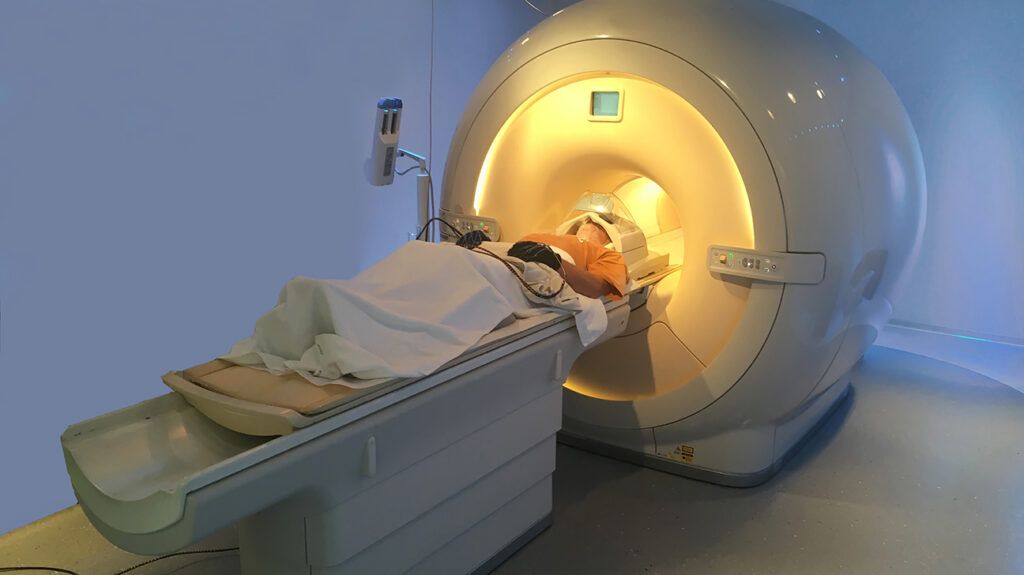Cracking the Code of Language: How Our Brains Process Words
As I sit here, typing away on my keyboard, I often wonder how my brain is able to process the complex series of words and symbols that make up the English language. It’s a question that has puzzled scientists and linguists for centuries, and one that Ieva Andrulyte, a PhD student at the University of Liverpool, is working to answer.
A Passion for Science
Ieva’s journey into neuroscience began with a passion for science and maths that she developed growing up in Lithuania. Knowing that she wanted to pursue a career in research, she made the bold decision to move abroad and pursue her dreams. It’s a decision that has led her to the forefront of research into how our brains process language.
The human brain is a complex and mysterious organ, and understanding how it processes language is a key area of research.
Understanding Language in the Brain
Ieva’s research focuses on language lateralisation, the process by which our brain organises language in one hemisphere. While most people use the left hemisphere of their brain to process language, around 10% of people use the right or both hemispheres. This difference can have a significant impact on how we process and understand language, and is an area of research that has important implications for fields such as medicine and education.
“Knowing which hemisphere of the brain a person uses for language is crucial in cases of epilepsy or tumour surgery,” Ieva explains. “Currently, functional MRI (fMRI) is the gold standard for determining language lateralisation, but it requires patients to remain still for long periods, which can be challenging for some people.”
 A functional MRI (fMRI) machine is used to determine language lateralisation in the brain.
A functional MRI (fMRI) machine is used to determine language lateralisation in the brain.
From Research to Clinical Practice
Ieva’s research has the potential to make a real difference in people’s lives. By developing new methods for determining language lateralisation, she hopes to improve outcomes for patients undergoing surgery or treatment for conditions such as epilepsy. It’s a goal that is driven by her passion for science and her desire to make a positive impact on the world.
Sharing Science with Others
In addition to her research, Ieva is also passionate about sharing science with others. She has given talks at science competitions, public events, universities, and high schools, and is dedicated to inspiring the next generation of scientists and researchers.
Ieva is passionate about sharing science with others and inspiring the next generation of researchers.
Conclusion
Ieva’s research is just one example of the many fascinating areas of study that are helping us to better understand the human brain. As we continue to learn more about how our brains process language, we may uncover new insights into the nature of human consciousness and the complex processes that underlie our ability to communicate with each other.


 Photo by
Photo by 












